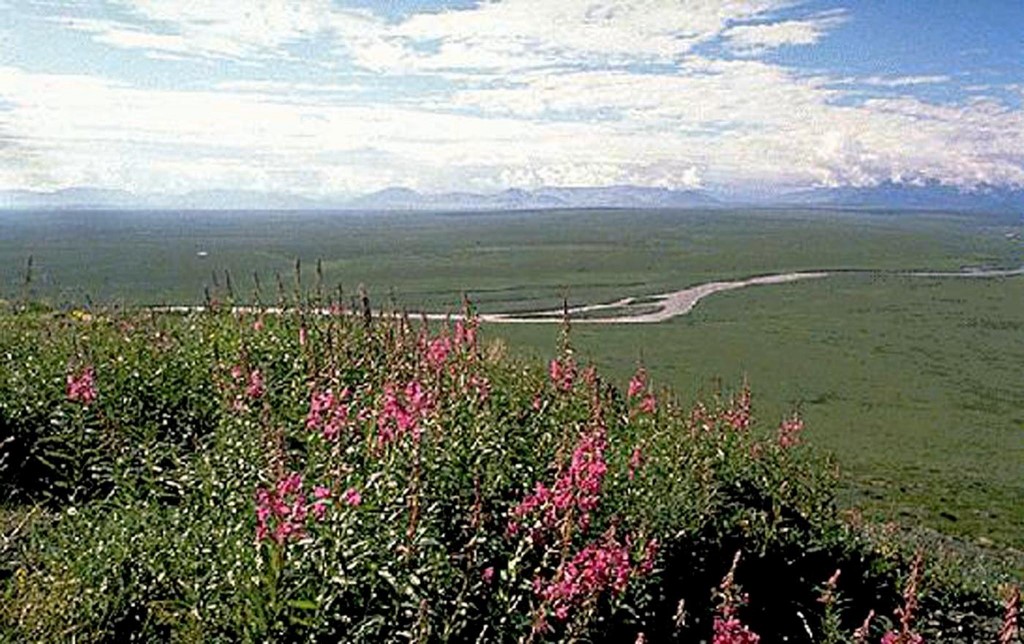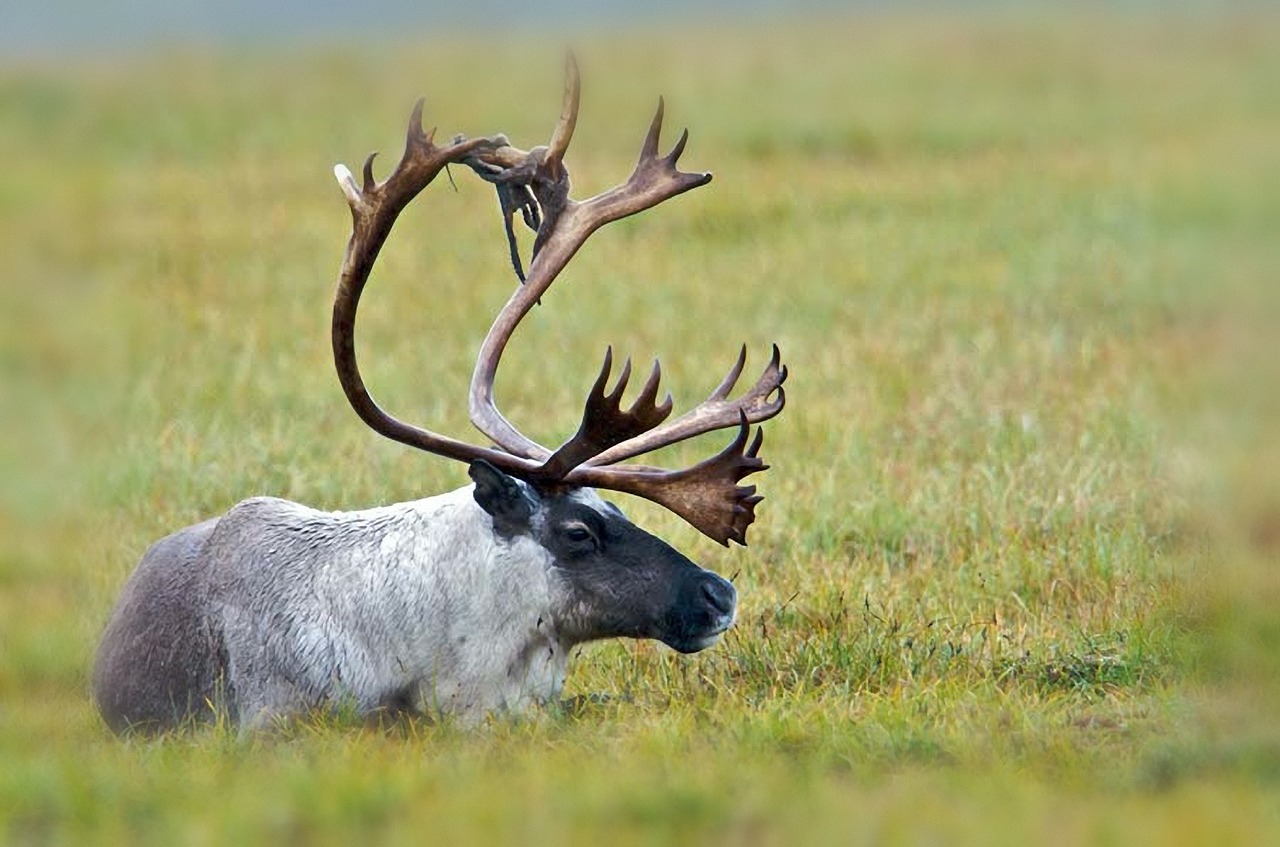
OTTAWA, Canada (AFP) — Canada on Thursday threw its support behind groups fighting to safeguard caribou that are threatened by a recent US approval of oil and gas drilling in Alaska’s Arctic National Wildlife Refuge, which borders the Yukon.
The US Department of the Interior in August approved plans for drilling in the remote Arctic region.
Interior Secretary David Bernhardt said in an interview with The Wall Street Journal that drilling leases could be auctioned off by the end of the year.
Environmental and indigenous groups have since filed two lawsuits in the US to try to block industrial development in the Arctic refuge that is home to polar bears, caribou and other animals.
The Canadian government said in a statement it has long opposed drilling in these parts — going back to the defeat in 2003 of a George W. Bush administration push to open it up to oil and gas exploration — “due to the potential impact to the Porcupine caribou herd and to indigenous peoples.”
It recalled that Washington and Ottawa agreed on joint conservation of the caribou herd — one of few healthy herds in Canada — and other species that cross the Alaska-Yukon border.
Two Canadian nationals parks, Ivvavik and Vuntut, that span the vast Yukon coastal plain, were created to protect the herd’s habitat adjacent to the Arctic National Wildlife Refuge.

“The Porcupine caribou herd is invaluable to the culture and subsistence of the Gwich’in and Inuvialuit peoples, and the Porcupine caribou calving grounds in the Arctic National Wildlife Refuge, in Alaska, are a sacred place,” Environment Minister Jonathan Wilkinson said.
Canada’s federal government, he told AFP, is united with local and indigenous governments “in their commitment to conservation of the herd and its habitat.”
“Canada will continue to register concerns with the US about development that may adversely impact the Porcupine Caribou herd,” he said, adding that Ottawa is also in talks with stakeholders on next steps.
© Agence France-Presse







